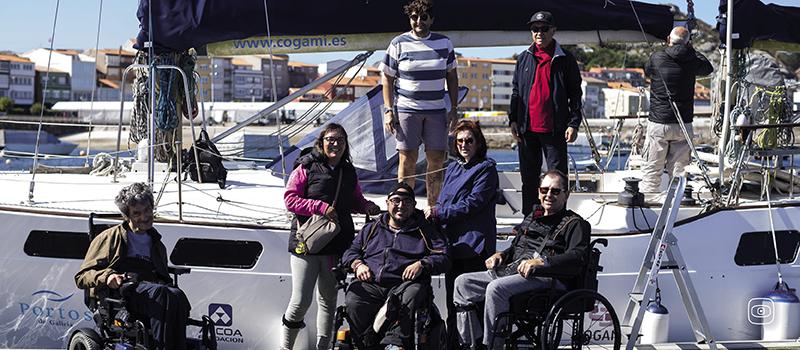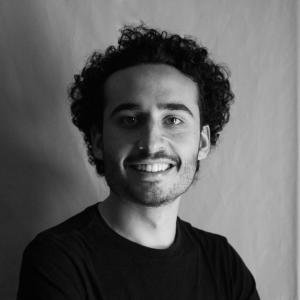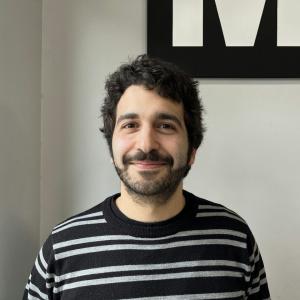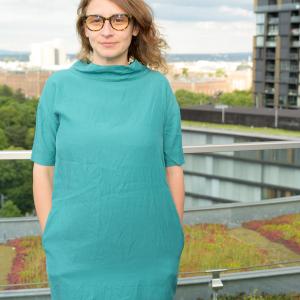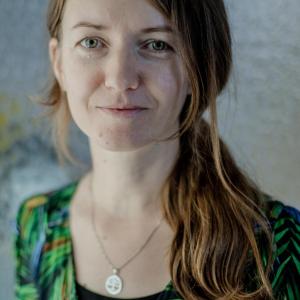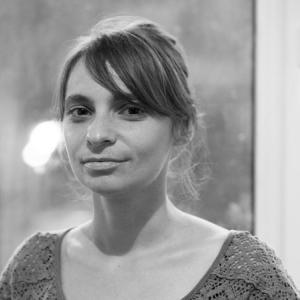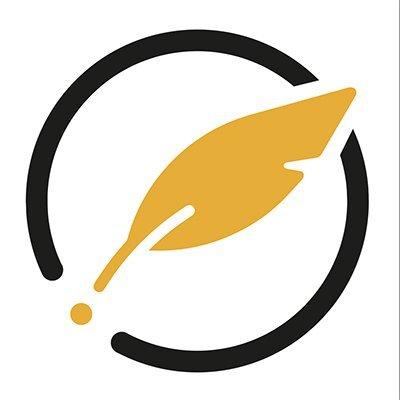Since the late 1990s, several countries have adopted regulations allowing for and encouraging their reuse as a way of “repairing” the damage that criminal activities have inflicted on local communities and making sure that crime does not pay.
However, despite progress, much remains to be done, as both official data and the experience of civil society organisations and experts indicate that the social reuse of confiscated assets is still poorly implemented in Europe.
The investigation focused on extensive reporting on selected reuse practices in the three countries: Casa Chiaravalle, the largest confiscated property in Lombardy, Italy, once belonging to an international arm trafficker, which today is home to elderly people in need of care, refugees, minors in custody and homeless people; a sailboat confiscated to a drug-trafficker that sails along the Galician coast, in Spain, to promote the participation of people with disabilities in nautical-sports activities or a multi-storey orange villa situated in a village in Northern Romania, who once belonged to a man sentenced for fraud, and is now being reclaimed by the local municipality and turned into a care centre for older people.
The investigation also includes data gathered through FOIA requests or from publicly available registries, as well as interviews with experts, representatives of civil society organisations and public officials responsible for confiscation and reuse.
The reporting and the interviews clearly show that, while bureaucratic and economic barriers often make it difficult to implement social reuse practices and make them work in a sustainable way, when those practices are implemented and supported by both civil society organisations and public authorities, they do have a positive impact on communities affected by crime.
Photo by Luis Soto
